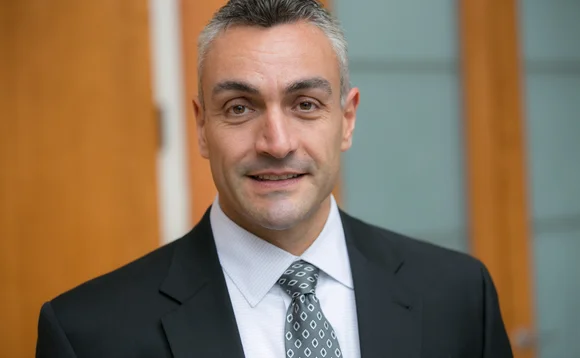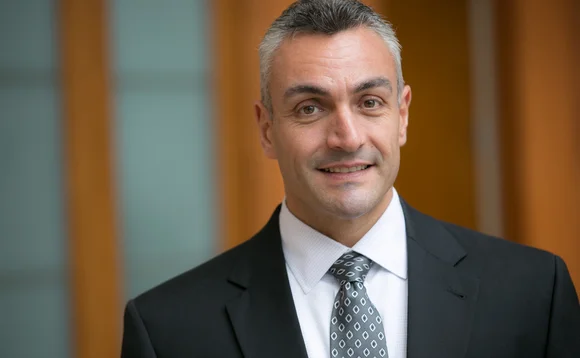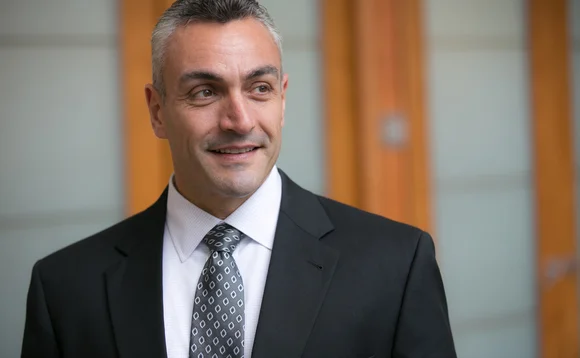Cerberus CIO Richard Alexander's A-Team






It is said that in order to create change, you must create discomfort—discomfort is a catalyst for change. After all, comfort breeds complacency.
Richard Alexander is not averse to a bit of discomfort. As CIO of global private investment firm Cerberus Capital Management, with more than $20 billion under management, he has experienced his fair share of it.
Walking the halls of Cerberus’ new Third Avenue offices in Manhattan, Alexander is sometimes approached by the firm’s much-written-about-but-rarely-interviewed CEO, Stephen Feinberg. These exchanges have been known to develop into impromptu boardroom meetings—in the hallway. “Rich, what’s going on with this project and how is it tracking to the operating budget?” Feinberg might ask. “What can we do better?”
To appear caught off guard is not an option.
If it’s not Feinberg doing the grilling, it’s Cerberus’ CFO, Jeffrey Lomasky, who recruited Alexander from GE Commercial Finance. “What are you doing to enhance our systems and improve our processes?” Lomasky might ask. Answering “We’ve always done it this way” is not a good enough response.
“The biggest pocket of IT resources is around data warehousing right now. We’ve staffed up the database administrators to ensure the cubes and universes are aggregating important data and not collecting redundant data, and that there is referential integrity there.”
If Feinberg or Lomasky aren’t asking the questions, it might be Mark Neporent, the firm’s COO and general counsel, wanting to know what Alexander’s IT team had done that day.
These conversations usually reserved for the boardroom have indeed taken place in the hallway, the elevator, and the lunch room. The status quo is regularly challenged. Provide some discomfort to create change.
But that’s the team that Alexander wants to be a part of, and he directs that same level of questioning to his team of technologists, quants, programmers and vendors. He wants management to be brutally honest with him, an honesty with which he manages his team.
Follow My Leader
Like most kids, Alexander collected baseball cards. But rather than arrange the cards in a box according to year, the team in the front of the box would be the one that had won the previous season’s World Series.
Alexander always kept the winning team ahead of his favorite one because he wanted to be able to easily go back and look at the No. 1 team and see how it had won.
“I would look through their stats to better understand what it took to win,” he says. “I’m a real team-oriented guy—it’s important to me to be a good teammate and someone who people can count on.”
He brought those traits with him onto the soccer pitch at school. His team chose him as captain because they considered him to be the leader, even though he was not the most skilled.
“I can assure you, I was never the best player on the field, but when my teammates chose me as a captain, they considered me their leader. I’m the guy they want to go out to the midfield for the coin toss or when there’s conflict on the field to talk it through with the officials,” he says. “So what I didn’t have in the athletic department, I made up for in leadership and we won a lot. Winning is important, too.”
Only users who have a paid subscription or are part of a corporate subscription are able to print or copy content.
To access these options, along with all other subscription benefits, please contact info@waterstechnology.com or view our subscription options here: https://subscriptions.waterstechnology.com/subscribe
You are currently unable to print this content. Please contact info@waterstechnology.com to find out more.
You are currently unable to copy this content. Please contact info@waterstechnology.com to find out more.
Copyright Infopro Digital Limited. All rights reserved.
As outlined in our terms and conditions, https://www.infopro-digital.com/terms-and-conditions/subscriptions/ (point 2.4), printing is limited to a single copy.
If you would like to purchase additional rights please email info@waterstechnology.com
Copyright Infopro Digital Limited. All rights reserved.
You may share this content using our article tools. As outlined in our terms and conditions, https://www.infopro-digital.com/terms-and-conditions/subscriptions/ (clause 2.4), an Authorised User may only make one copy of the materials for their own personal use. You must also comply with the restrictions in clause 2.5.
If you would like to purchase additional rights please email info@waterstechnology.com
More on Emerging Technologies
MarketAxess and DirectBooks partner, MSCI debuts AI connectors, and more
The Waters Cooler: Canton’s consortium advances cross-border collateral mobility, TRG Screen launches a market data ROI calculator, and Trading Technologies provides direct connectivity to India in this week’s news roundup.
24X files for exemption from SIP rule to take part in overnight trading
The exchange, which began operating in mid-October last year, plans to offer the overnight session in the second half of 2026.
HSBC gives 31,000 engineers an AI coding assistant
CEO Georges Elhedery said the bank is re-engineering its end-to-end processes and enhancing customer experiences with new AI tools.
Bloomberg Terminal’s agentic play shows rapid change in trading tech
Waters Wrap: The data giant’s conversational AI interface might seem novel, but others say having one is becoming a bare minimum in the world of trading technology.
AllianceBernstein enlists SimCorp, BMLL and Features Analytics team up, and more
The Waters Cooler: Mondrian chooses FundGuard to tool up, prediction markets entice options traders, and Synechron and Cognition announce an AI engineering agreement in this week’s news roundup.
CompatibL’s unique AI strategy pays dividends
CompatibL’s unique approach to AI and how its research around cognitive bias and behavioral psychology have improved the reliability of its AI-based applications.
Market participants voice concerns as landmark EU AI Act deadline approaches
Come August, the EU’s AI Act will start to sink its teeth into Europe. Despite the short window, financial firms are still wondering how best to comply.
Ram AI’s quest to build an agentic multi-strat
The Swiss fund already runs an artificial intelligence model factory and a team of agentic credit analysts.








